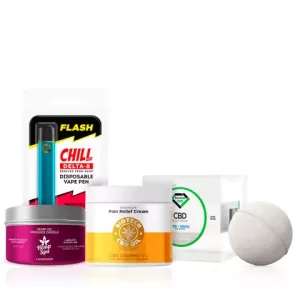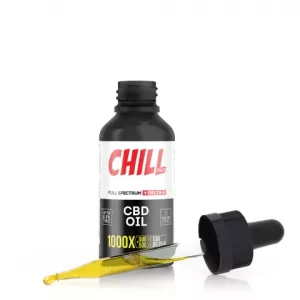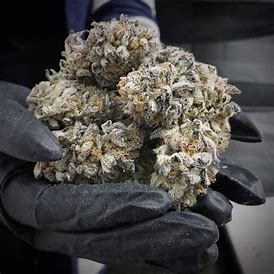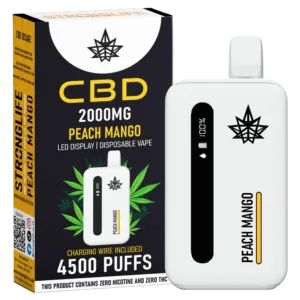Delta 8 CBD
Introduction
While Delta-8 THC (a psychoactive cannabinoid) is strictly prohibited in Australia, CBD (cannabidiol) is legally accessible with a prescription. This guide focuses on CBD’s positive impacts and clarifies the legal landscape, risks, and alternatives for Australians.
Showing 1–12 of 25 results
Showing 1–12 of 25 results
Positive Impacts of CBD (With Legal Access)
- Anxiety & Stress Relief:
- Studies show CBD may reduce symptoms of generalized anxiety and PTSD.
- Chronic Pain & Inflammation:
- Used to manage arthritis, neuropathy, and inflammatory conditions.
- Epilepsy:
- TGA-approved Epidyolex® is prescribed for rare forms of childhood epilepsy.
- Sleep Support:
- Combined with CBN or melatonin, CBD may improve sleep quality.
- Neuroprotection:
- Early research suggests potential benefits for neurodegenerative diseases like Parkinson’s.
Can CBD make me fail a drug test?
A: Unlikely if THC content is ≤ 0.3%. Opt for CBD isolate (0% THC) to eliminate risk.
Q: Is Delta-8 natural?
A: Delta-8 occurs in trace amounts in cannabis but is often synthetically derived, raising safety concerns.
Q: What’s the difference between CBD and Delta-8?
A:
- CBD: Non-psychoactive, legal with a prescription.
- Delta-8: Psychoactive, illegal in Australia.
Q: Are there TGA-approved CBD products?
A: Yes. Examples include Epidyolex® (for epilepsy) and CBD oils from brands like Althea or Little Green Pharma.
Q: Can I import CBD or Delta-8 from overseas?
A:
- CBD: Only with a valid prescription and TGA approval.
- Delta-8: Strictly prohibited.
Alternatives to Delta-8
- Full-Spectrum CBD: Contains trace THC (≤ 0.3%) for enhanced therapeutic effects (entourage effect).
- CBN/CBG Products: Emerging cannabinoids for sleep or inflammation (prescription required).
- TGA-Approved THC: Delta-9 THC oils for conditions like chronic pain or nausea (prescription-only).















